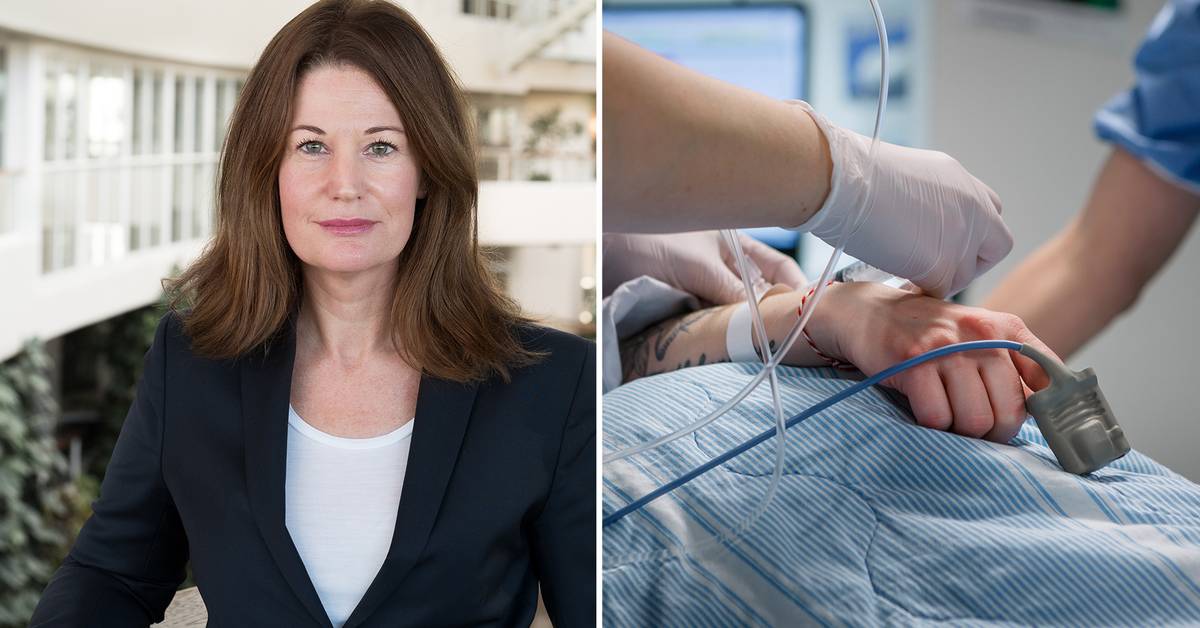According to the municipal union, nine hours of daily rest has been the norm in round-the-clock operations.
But now the union's members are thus entitled to eleven consecutive hours of leave in a 24-hour period.
Something Johan Ingelsog calls a paradigm shift.
- It has been difficult negotiations and complicated to find a new agreement that is adapted based on the EU's working time directive.
But we are happy that we have reached a solution, he says.
The difficulty has been to find a balance between the individual's right to recovery and the needs of the business, explains Johan Ingelsog, who is satisfied with the agreement.
- The aim is to make it less stressful and more restful, and in the long run lower sick leave rates, he says.
Protects employees' health
Jeanette Hedberg, head of negotiations at Sweden's municipalities and regions, is also satisfied with the agreement but says that there may be changes in schedules.
- The advantage is that it becomes much clearer for the employees what applies.
They can find out their rights and how it relates to rest.
It's about protecting the employees' recovery and health, she says.
The agreement comes after the European Commission criticized the rules for 24-hour rest and questioned whether Sweden's municipalities and regions and the trade union counterparts follow the EU's working time directive.
- It goes without saying that our collective agreement must comply with the rules of the directive and the law, and we have now taken responsibility for that, says Jeanette Hedberg.
Enters into force next year
The agreement also means that the employers can no longer disturb the employees during their free time, says Johan Ingelsog.
Vårdförbundet sees the agreement as a victory.
Union president Sineva Ribeiro says in a press release that the agreement will make a big difference for union members.
The changes will come into force on 1 October 2023.
- In all changes it can be difficult at the beginning, but I am hopeful now that we have time, says Johan Ingelsog.

